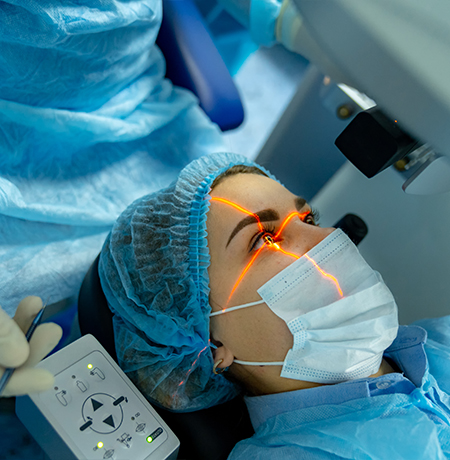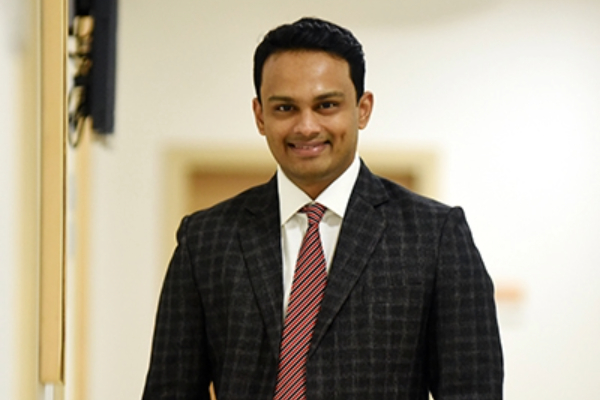Ophthalmology
Ophthalmology
Ophthalmology is the medical specialty devoted to the care of the eyes and vision. Ophthalmologists are trained to diagnose and treat a wide range of eye conditions, from routine issues to complex diseases.
Key Aspects of Ophthalmology:
- Eye Conditions:
– Ophthalmologists address a variety of eye conditions, including refractive errors (nearsightedness, farsightedness, astigmatism), cataracts, glaucoma, macular degeneration, and retinal disorders.
- Diagnostic Techniques:
– Ophthalmologists use advanced diagnostic tools such as visual acuity tests, tonometry, slit-lamp examinations, and retinal imaging to assess eye health and detect potential issues.
Common Eye Conditions:
- Refractive Errors:
– Refractive errors, such as myopia (nearsightedness) and hyperopia (farsightedness), are common vision issues corrected with eyeglasses, contact lenses, or refractive surgery like LASIK.
- Cataracts:
– Cataracts involve the clouding of the eye’s natural lens, leading to blurry vision. Ophthalmologists perform cataract surgery to replace the cloudy lens with a clear artificial lens.
- Glaucoma:
– Glaucoma is a group of eye conditions that damage the optic nerve, often due to elevated intraocular pressure. Ophthalmologists manage glaucoma through medication, laser therapy, or surgery.
- Macular Degeneration:
– Age-related macular degeneration (AMD) affects the central part of the retina, leading to vision loss. Ophthalmologists can provide interventions to slow the progression of AMD.
Vision Correction and Surgical Procedures:
- LASIK and Refractive Surgery:
– Ophthalmologists perform LASIK and other refractive surgeries to reshape the cornea, correcting refractive errors and reducing dependence on glasses or contact lenses.
- Corneal Transplant:
– Corneal transplantation, or corneal grafting, is a surgical procedure to replace a damaged or diseased cornea with a healthy donor cornea.
- Retinal Surgery:
– Ophthalmologists may perform retinal surgery to address conditions like retinal detachment or macular holes, helping restore or preserve vision.
Preventive Eye Care:
- Regular Eye Exams:
– Ophthalmologists recommend regular eye exams to detect and address vision issues and eye conditions early, often before symptoms occur.
- Eye Protection:
– Wearing protective eyewear, such as sunglasses and safety goggles, is crucial to prevent eye injuries and reduce the risk of conditions like cataracts.
When to Consult an Ophthalmologist:
If you experience changes in vision, eye discomfort, or have a family history of eye diseases, it’s essential to consult with an ophthalmologist. Regular eye check-ups are important for maintaining optimal eye health.






